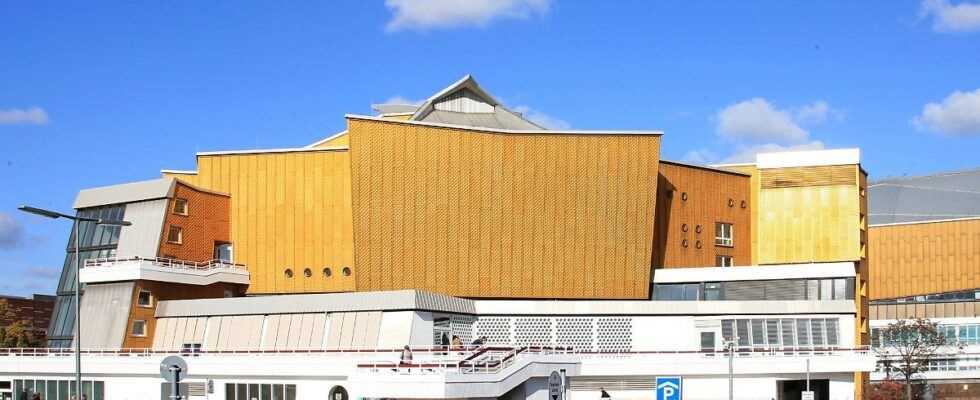Tuesday, February 16, 2021
"Music culture threatened like never before"
Berliner Philharmoniker need more money
The hall is empty, but the musicians keep playing. Two representatives of the world-famous Berliner Philharmoniker talk about what pandemic and lockdown mean economically and mentally for the house and ensemble: There are "an awful lot of question marks" in the industry.
It is the longest hiatus since the Berlin Philharmonic, one of the world's leading symphony orchestras, was founded in 1882. "Since mid-March 2020 I've only been out and about where we fight for culture, where we lobby, where we try to steer politics towards our interests and needs," says Andrea Zietzschmann, director since 2019 of the ensemble, in the podcast “The Zero Hour.
(Photo: imago / tagesspiegel)
With a self-financing share of 60 percent, the orchestra has always worked very successfully, but the current crisis is taking its toll. Income from ticket sales and room rentals are lost, guest performances and tours have been canceled. In the industry there are "an awful lot of question marks", said Zietzschmann, and you can feel the uncertainty everywhere.
Can guest performances take place as planned in the next few years? Are the sponsors still on board – even if the audience is only allowed to be half as big? The effects on operations will only become apparent in the medium term, says the director. But one thing is already clear: "We will need more money."
In addition, Zietzschmann would like more long-term planning security. "You basically need something like a failure insurance because the insurance companies of course no longer take out corona insurance." It's about getting "at least 50 percent refinanced". Both say: Music lives from the exchange with the audience. The diversity of musical culture is more threatened than ever.
But there is also a ray of hope: In these times of the pandemic, the Philharmonic are benefiting from their "Digital Concert Hall", a streaming platform with access to live concerts and archive recordings, which started in 2008. After the concert hall was closed, the registration "skyrocketed", says Olaf Maninger, principal cellist of the Philharmonic since 1996, who played a key role in the development of the portal. The number of members grew by almost 40 percent in the past year: For Maninger a clear sign of the great need people felt for culture and "spiritual edification".
Listen to the new episode of "Zero Hour":
- What positive side effects the crisis has on the concert industry
- What Andrea Zietzschmann and Olaf Maninger are looking forward to personally
- What makes the live performance so special for musicians and the audience and why no digital offer can replace a visit to the concert hall
You can find all episodes directly at Audio Now, Apple or Spotify or via Google.
. (tagsToTranslate) Economy (t) Corona crisis (t) Attack on Berlin Christmas market (t) Music (t) State aid
